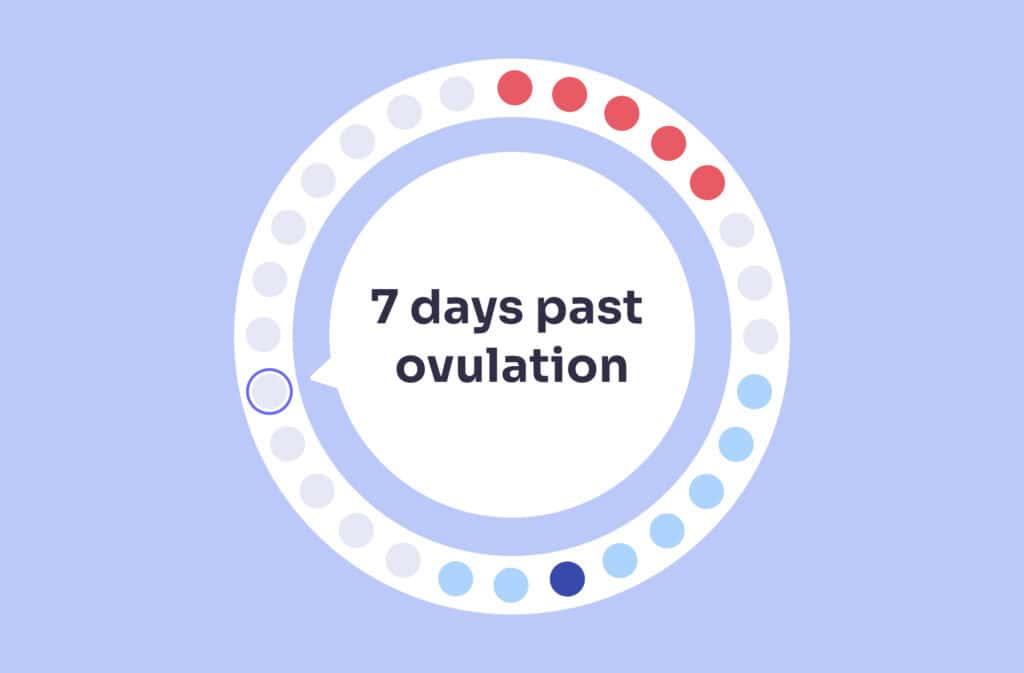Femia > Health Library > Pregnancy > Pregnancy health > Can you eat pineapple while pregnant? Facts, benefits, and myths
Can you eat pineapple while pregnant? Facts, benefits, and myths

- Updated Feb 10, 2025
- Published
CRAFTED BY HUMAN
Crafted by human At Femia, we provide accurate and up-to-date information at every stage of your journey, from trying to conceive, pregnancy and postnatal support. All content is created by a real person based on in-depth research and own professional experience. Femia ensures that you will receive expert advice, strict accuracy and a personalized approach from our authors/medical experts. Learn more about our editorial policy.
FACT CHECKED
Fact checked At Femia Health, we maintain the highest standards of editorial excellence in delivering content focused on helping you conceive, guiding you through pregnancy, and supporting you postpartum. Explore our content review principles to learn how we ensure the accuracy and quality of our health and lifestyle tips for every stage of your journey.
Yes, pregnant women can safely eat pineapple in moderation. Pineapple is a rich source of vitamin C and other nutrients that support a healthy pregnancy. The belief that pineapple induces labor is a myth; there is no scientific evidence to support this claim.
During pregnancy, many women wonder whether certain foods are safe, especially fruits like pineapple. A common question is, can you eat pineapple while pregnant? Despite popular myths suggesting that pineapple can induce labor, eating pineapple during pregnancy is safe and provides several nutritional benefits. This article will break down the facts, debunk the myths, and explain how pineapple can be a healthy addition to your diet.
designed just for you
Personalized meal plans, symptom tracking, and more with the Femia
Is pineapple safe during pregnancy?
Yes, pineapple is safe to eat during pregnancy. There is no scientific evidence to suggest that pineapple causes harm to pregnant women or their babies. Pineapple is often feared because of its bromelain content—a type of enzyme that some believe may soften the cervix and induce labor. However, bromelain is mostly found in the core of the pineapple, and the amounts found in fresh or canned pineapple are too low to cause any effects on labor.
Eating pineapple during pregnancy in normal amounts is not harmful, and it can provide valuable nutrients that support your health and your baby’s development.
👉Find out more: Weird pregnancy cravings: The strangest food combos and how to handle them
Can I eat pineapple while pregnant? Nutritional benefits
Eating pineapple during pregnancy offers several health benefits thanks to its rich nutritional profile. Here are some key nutrients in pineapple and how they support a healthy pregnancy:
- Vitamin C: Pineapple is packed with vitamin C, which helps boost your immune system and aids in the production of collagen, important for the baby’s skin, cartilage, and bones.
- Fiber: Pineapple contains dietary fiber, which helps regulate digestion and prevent constipation, a common issue during pregnancy.
- Manganese: This mineral supports bone health and metabolism, both important for the mother and the developing baby.
- Folate: Folate is crucial for fetal development, particularly in preventing neural tube defects.
- Antioxidants: The antioxidants in pineapple can help protect cells from damage and support overall maternal health.
Including pineapple as part of a balanced diet can help you meet your nutritional needs during pregnancy.
👉Find out more: Can you eat pepperoni when pregnant? Safety tips for pregnancy
How much pineapple is safe to eat during pregnancy?
While pineapple is safe to eat during pregnancy, it’s best to consume it in moderation. Eating large amounts of pineapple may cause stomach discomfort or heartburn due to its high acidity. The acidity in pineapple can also irritate the mouth and gums, which may be more sensitive during pregnancy.
A serving of one cup of fresh pineapple or a few slices is generally safe and provides a good amount of vitamins and minerals. If you experience discomfort after eating pineapple, consider reducing your portion size or pairing it with other less acidic foods.
👉Find out more: Which food can cause miscarriage: A comprehensive guide
Does pineapple induce labor? Debunking the myth
A common misconception is that eating pineapple can induce labor, especially in the third trimester. This belief is rooted in the fact that pineapple contains bromelain, an enzyme that can break down protein. Some believe that bromelain could soften the cervix and trigger contractions, but this theory lacks scientific backing.
Research shows that the amount of bromelain in pineapple is too small to have any significant impact on labor. Moreover, the majority of bromelain in pineapple is found in the core, which isn’t typically consumed. There’s no evidence to support the idea that eating pineapple can bring on labor, so you can safely enjoy pineapple at any stage of your pregnancy.
Pineapple during pregnancy: myths vs. facts
There are several myths about eating pineapple during pregnancy, and it’s important to separate fact from fiction. Below are some common myths and the truths behind them:
- Myth: Pineapple can cause miscarriage.
Fact: There’s no scientific evidence to suggest that eating pineapple causes miscarriage. In moderate amounts, pineapple is perfectly safe and nutritious for pregnant women. - Myth: Pineapple should be avoided during the first trimester.
Fact: Pineapple can be eaten at any stage of pregnancy, including the first trimester. Its high vitamin C content can help support the immune system during early pregnancy.
designed just for you
Personalized meal plans, symptom tracking, and more with the Femia
Questions from the Femia community
Can I drink pineapple juice while pregnant?
Yes, drinking pineapple juice in moderation is safe during pregnancy. However, opt for fresh juice rather than canned varieties, which may contain added sugars and preservatives. Fresh pineapple juice also retains more of the nutrients found in the whole fruit.
Can eating pineapple cause heartburn during pregnancy?
Pineapple is acidic, and for some pregnant women, this acidity may lead to heartburn, especially if they are prone to acid reflux. If you notice discomfort after eating pineapple, try consuming smaller portions or combining it with other non-acidic foods.
Does pineapple cause allergies during pregnancy?
Pineapple may cause allergic reactions in some individuals, regardless of pregnancy. If you have a known pineapple allergy or experience symptoms like swelling, itching, or difficulty breathing, avoid eating pineapple and consult a healthcare professional.
The bottom line
Pineapple is a safe and nutritious fruit for pregnant women when eaten in moderation. It provides important vitamins like vitamin C, fiber, and antioxidants that support a healthy pregnancy. The idea that pineapple induces labor is a myth, and there’s no scientific evidence to suggest that eating pineapple during pregnancy can cause early labor or miscarriage. As with any food, if you experience discomfort or have specific concerns, consult your healthcare provider for personalized advice.
References
- “Eating Pineapple During Pregnancy.” Vinmec, https://www.vinmec.com/eng/article/should-you-eat-pineapple-while-pregnant-en.
- “Can You Eat Pineapple While Pregnant?” Parents, https://www.parents.com/can-you-eat-pineapple-while-pregnant-8402290.

Explore possible symptoms at 7 days past ovulation (7 DPO), including mild cramping and cervical mucus changes. Understand when a pregnancy test may be accurate. Expert advice from Femia.

Learn the ultimate guide to female orgasm with the orgasm tips, tricks, techniques, and do’s and don’ts to achieve the most satisfying sex experience!

Discover the symptoms and causes of an anteverted uterus, its impact on fertility, and pregnancy. Learn why this common uterine position is not a concern for conceiving.

